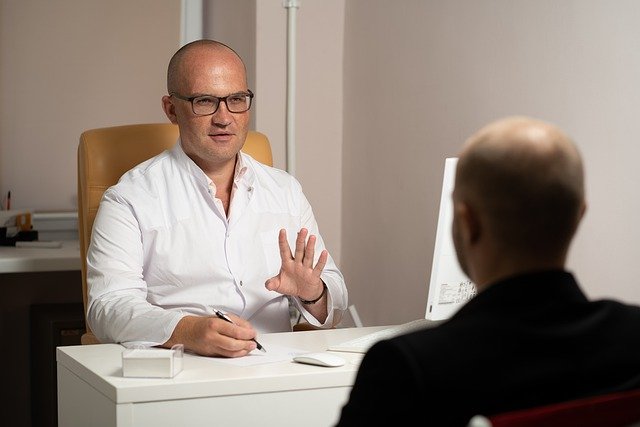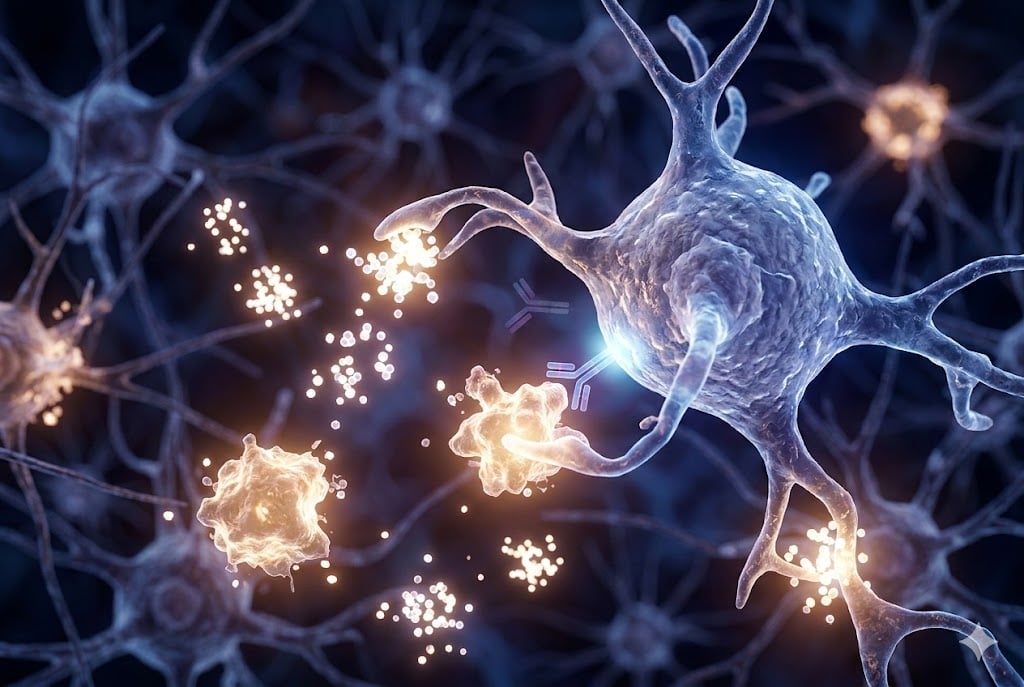
Get a Good Night’s Sleep to Get Rid of Alzheimer’s Plaque
Can something as simple as a good night’s sleep help prevent and even slow down Alzheimer’s?

Can something as simple as a good night’s sleep help prevent and even slow down Alzheimer’s?

Can a happier frame of mind help overcome aging’s cognitive decline? Ohio State University scientists share meaningful insights from their study.

DIET VIDEO + ARTICLE: Healthy? Normal blood sugar? No diabetes? Even so, find out how the more sugar you eat, the less memory you get.

J147 is a derivative of curry’s turmeric spice. It beat the Alzheimer’s drug Aricept (generic: donepezil) on several memory tests. The Salk Institute says it may benefit Parkinson’s, Huntington’s & vascular dementia.

VIDEO & ARTICLE – ALZHEIMER’S INTERNATIONAL CONFERENCE:
In a set of 3 studies, see how exercise and sleep lowered Alzheimer’s, while sitting around and watching TV resulted in significantly worse brain health.

ASTONISHING VIDEO & ARTICLE: Dementia-risk was tested for 17 sugar levels in 2000 people. Each higher level bumped up the risk, without exception. See why researchers found these results so compelling.

If you are worried about developing Alzheimer’s or another form of dementia, some simple lifestyle modifications can help prevent it, according to Lisa Genova, “Still Alice” author and neuroscientist.

VIDEO + ARTICLE: Roasting coffee beans produces Phenylindanes, which inhibit tau and amyloid plaque, the two big culprits behind Alzheimer’s and Parkinson’s. Learn how they defend against cognitive decline.

TEDx HEALTH VIDEO:
Alzheimer’s & brain insulin are so strongly connected, it’s earned Alzheimer’s the nickname, “Type-3 Diabetes.” Watch this eye-opening, entertaining video to understand the connection. Find out what you can do.

DIET VIDEO: An explosion of research on the Mediterranean Diet clearly associates it with less risk of getting Alzheimer’s and lower mortality for people who have Alzheimer’s. Get the facts.

Too much sleep and too little sleep can contribute to cognitive decline, researchers report. Learn more.

New early-onset Alzheimer’s data show that lecanemab can slow functional decline—even while tau continues to spread in the brain. The research helps explain how amyloid-lowering treatments may still preserve daily life, despite the disease’s complexity.

People with dementia who were consistently seen by the same General Practitioner (GP) are given fewer medicines and are less likely to be given medicines that can cause problems, according to researchers at University of Exeter. Learn more.

In gardening, people with Alzheimer’s grow fresh plants along with better thinking. It’s a pleasant way to make things easier.

The co-founder of a caregivers’ organization introduces technology he has found helpful in caring for his grandmother with dementia.

People with dementia are enjoying yoga and dance classes at the Alzheimer’s Association. See why caregivers find the classes “EXTREMELY helpful.”

Swiss researchers find that people with certain personality traits are protected against Alzheimer’s disease, including those who are less agreeable, had natural curiosity, and were nonconformists. Find out why.
No spam, only news and updates.


